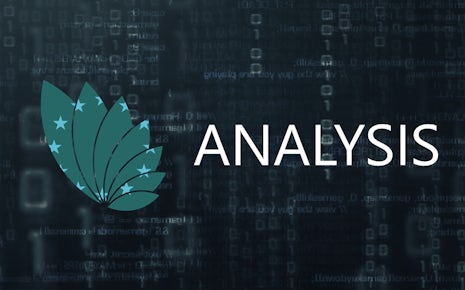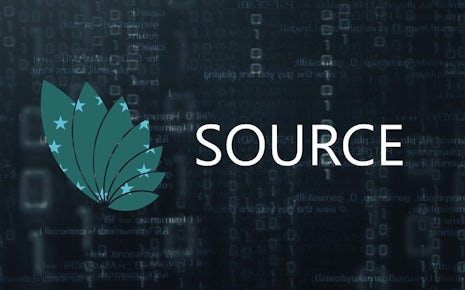Source
Council Conclusions on Cyber Diplomacy
Institution
The Council of the European Union
Short Summary
In these Council conclusions on cyber diplomacy, adopted in February 2015, the Council of the European Union stresses the importance of further developing and implementing a common and comprehensive EU approach for cyber diplomacy at a global level that promotes human rights and fundamental EU values, ensures free expression, promotes gender quality, advances growth, combats cybercrime, mitigates cybersecurity threats, prevents conflicts and provides stability in international relations.
The EU also calls for a strengthened multi-stakeholder model of Internet governance, for capacity-building efforts in third countries, and for shared responsibilities among relevant stakeholders.
Moreover, the Council conclusions invite the EU and its Member States to promote and protect human rights in cyberspace, through: enforcement of international human rights obligations in cyberspace, effective investigations and prosecutions, the promotion of a universal, affordable and equal access to the Internet, reference to the EU Guidelines on the Freedom of Expression online and offline and of the EU Guidelines on Human Rights Defenders.
The Council also stresses the relevance of norms of behaviour and the application of existing international law in the field of international security, as well as the importance of Internet Governance as an integral part of the common and comprehensive EU approach for cyber diplomacy.
It recalls the need for the EU to advance the digital single market and its competitiveness, it reiterates the importance of cyber capacity building in third countries as a strategic building block of the evolving EU cyber diplomacy.
In addition, the EU recognises the need for strategic engagement with key partners and international organisations.
Given the global cross-cutting nature, scope and reach of the digital realm, it also recognises the need for active international engagement, collaboration and coordination in the EU.
Finally, the Council invites the EU and its Member States to frame European and national activities within a coherent approach that avoids duplication; to engage with partners bilaterally, regionally and globally; to maintain close relations with the relevant international organisations, civil society, private sector, technical and academic communities; to share information on their bilateral cyber consultations.
The Conclusions also identify the Friends of the Presidency Group on Cyber Issues as the comprehensive cutting forum for EU cyber policy coordination and cooperation.
The EU also calls for a strengthened multi-stakeholder model of Internet governance, for capacity-building efforts in third countries, and for shared responsibilities among relevant stakeholders.
Moreover, the Council conclusions invite the EU and its Member States to promote and protect human rights in cyberspace, through: enforcement of international human rights obligations in cyberspace, effective investigations and prosecutions, the promotion of a universal, affordable and equal access to the Internet, reference to the EU Guidelines on the Freedom of Expression online and offline and of the EU Guidelines on Human Rights Defenders.
The Council also stresses the relevance of norms of behaviour and the application of existing international law in the field of international security, as well as the importance of Internet Governance as an integral part of the common and comprehensive EU approach for cyber diplomacy.
It recalls the need for the EU to advance the digital single market and its competitiveness, it reiterates the importance of cyber capacity building in third countries as a strategic building block of the evolving EU cyber diplomacy.
In addition, the EU recognises the need for strategic engagement with key partners and international organisations.
Given the global cross-cutting nature, scope and reach of the digital realm, it also recognises the need for active international engagement, collaboration and coordination in the EU.
Finally, the Council invites the EU and its Member States to frame European and national activities within a coherent approach that avoids duplication; to engage with partners bilaterally, regionally and globally; to maintain close relations with the relevant international organisations, civil society, private sector, technical and academic communities; to share information on their bilateral cyber consultations.
The Conclusions also identify the Friends of the Presidency Group on Cyber Issues as the comprehensive cutting forum for EU cyber policy coordination and cooperation.
Source

